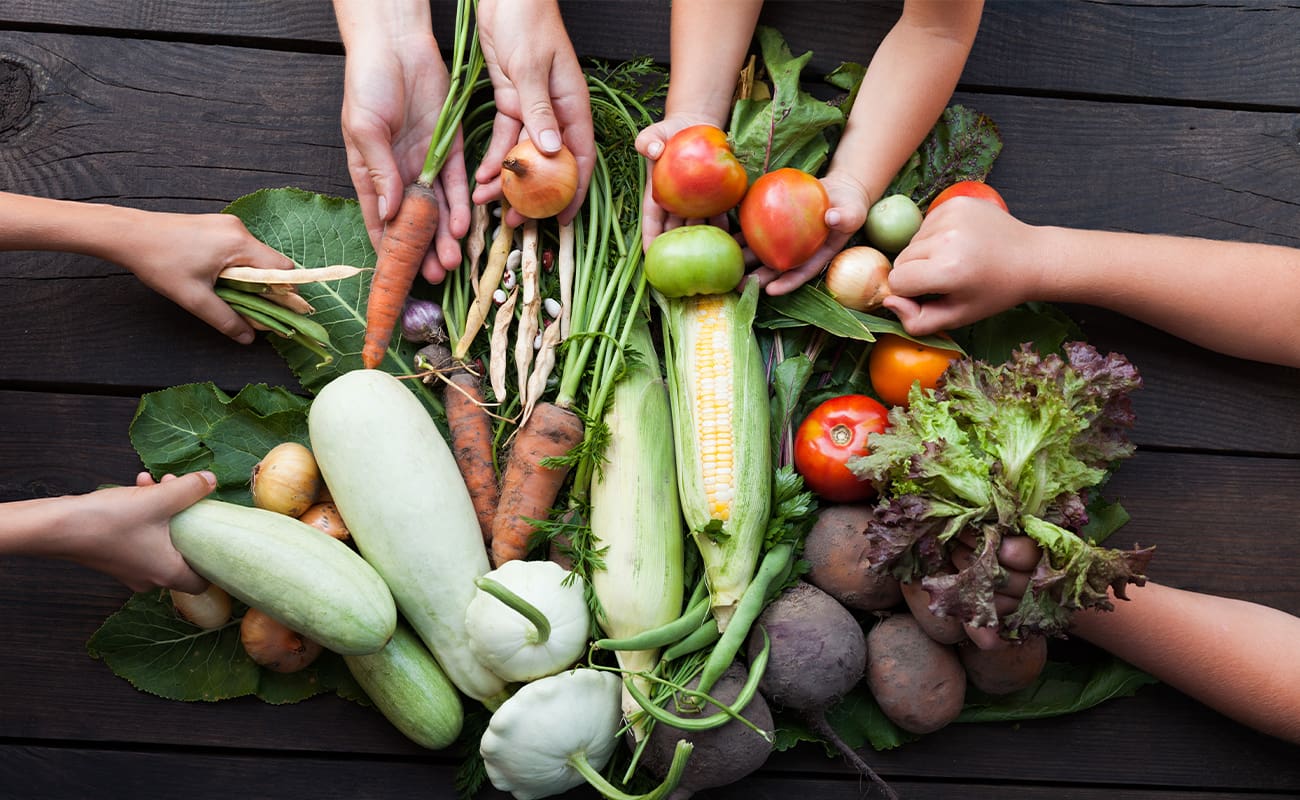Sustainable Eating focuses on creating a food system that supports long-term ecological balance, animal welfare, and human well-being. At its core, it encourages reducing dependence on animal-based products and embracing plant-based diets that require fewer natural resources and generate less environmental harm.
This category examines how the food on our plates connects to broader global issues such as climate change, land degradation, water scarcity, and social inequality. It highlights the unsustainable toll that factory farming and industrial food production take on the planet—while showcasing how plant-based choices offer a practical, impactful alternative.
Beyond environmental benefits, Sustainable Eating also addresses issues of food equity and global food security. It examines how shifting dietary patterns can help feed a growing population more efficiently, reduce hunger, and ensure fairer access to nutritious food across diverse communities.
By aligning everyday food choices with sustainability principles, this category empowers people to eat in a way that protects the planet, respects life, and supports future generations.
Food choices have a significant impact on the environment, a fact that is often overlooked. The production and transportation of certain foods contribute to deforestation, water pollution, and greenhouse gas emissions. Livestock farming, for example, requires a large amount of land, water, and feed, which has detrimental effects on the environment. However, by making conscious food choices, such as supporting sustainable agriculture and reducing meat consumption, we can minimize our environmental footprint. In this post, we will explore the connection between food choices and environmental conservation, and discuss how sustainable food choices can help save the planet. The Impact of Food Choices on the Environment The food choices we make have a significant impact on the environment. How Your Food Choices Can Help Save the Planet Our food choices have the power to contribute to the preservation of our planet. Sustainable Food Choices: A Key Solution for Environmental Conservation Making …


























































